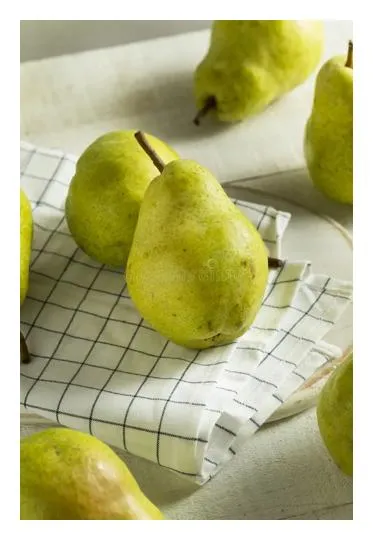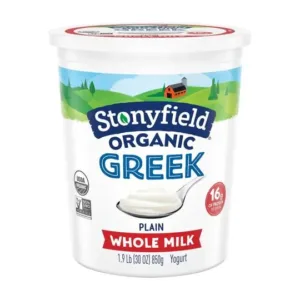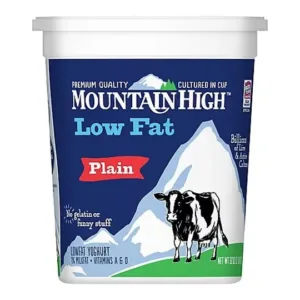
Raw Bartlett Pears: Compatible with Keto Diet?
As the keto diet remains popular, many of us are curious about where our favorite foods fit into this consuming high-fat, low-carb dietary plan. Today’s focus is on Raw Bartlett Pears. This juicy, sweet fruit is a classic choice for those who love a refreshing snack. Yet the keto community is keen to determine its place in their diet. The essential inquiry is: are raw Bartlett pears keto-friendly or not?
Understanding the Keto Diet
But before we delve into the specifics of Bartlett Pears, we must first comprehend the underpinnings of the ketogenic diet. This particular diet primarily focuses on high fat consumption (around 70-80% of daily caloric intake), moderate protein, and very low carbohydrate intake (typically below 50 grams of net carbs per day). Why is it so? The answer lies in the diet's ultimate goal – shifting your body into a metabolic state named ketosis, where fat, instead of carbohydrates, becomes the primary fuel source.
Nutritional InformationPer (1 Pear (166.0g)):
Per 100g:
| 
Raw Bartlett Pears is not keto-friendly. It's best avoided if you're trying to maintain ketosis. |
With this context in mind, let's talk about raw Bartlett Pears in a keto context.
Bartlett pears are a type of fruit that is known not just for its delicious taste but also for being a good source of essential nutrients such as Vitamin C and dietary fiber.
From a macro perspective, a medium-sized Bartlett Pear contains around 25g of carbs. When placed in context of our keto-friendly food guide, it's clear that Bartlett Pears falls into the 18g+ category, aligning them with foods that aren't ideally suited for inclusion in a keto diet.
Though their substantial offer of Vitamins and fiber make Bartlett Pears a healthy choice in a balanced diet, their high carb content makes them less suitable for a keto diet. It's best to consume them in small servings or avoid them entirely if you're seriously trying to maintain ketosis. Always remember: moderation is key, and each diet plan should be tailored to meet individual nutritional needs.





